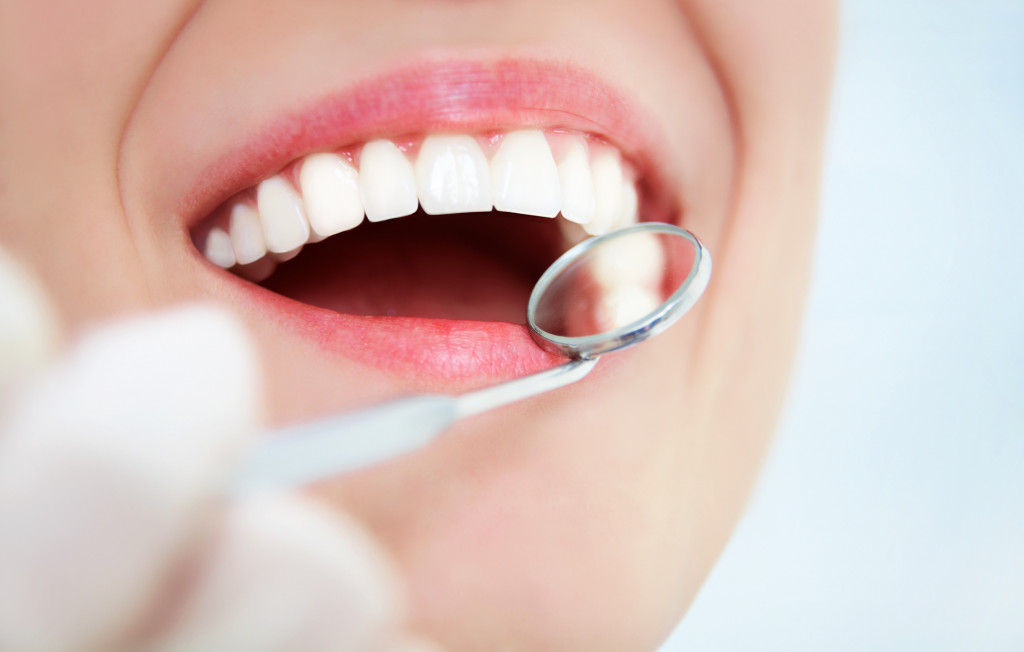- Establish good oral hygiene practices: brush, floss, mouth rinse and visit a dentist regularly.
- The benefits of good oral hygiene include a healthy smile and reducing risk of gum disease or cavities.
- Poor oral health can lead to issues such as tooth loss and infections in other parts of the body.
- Misconceptions common around dental care, research and consult dentist for accurate information.
A healthy smile is a key factor in overall health and well-being. When it comes to oral hygiene, establishing effective practices can be quite challenging. Good oral hygiene practices involve brushing, flossing, and using an antibacterial mouth rinse to remove food particles and bacteria from the teeth and gums.
Additionally, visiting a dentist once every six months for a professional cleaning is essential to maintaining good oral health. During regular visits, your dentist will be able to identify any potential issues and provide advice on appropriate treatment.
Explained below are some major importance of good oral hygiene, some tips for success, and common misconceptions about dental care.
The Importance of Good Oral Hygiene
Good oral hygiene is essential for maintaining a healthy smile and preventing dental problems such as gum disease, cavities, and bad breath. With proper brushing and flossing habits, you can keep your teeth clean and healthy for years. This clearly shows that it is quite possible to get quality dental care without breaking the bank.
In addition to looking great, good oral hygiene is important for protecting the overall health of your mouth by minimizing bacteria buildup that can lead to infections or more serious conditions. It’s been scientifically proven that having ailments such as diabetes and heart disease.
Common Steps in Healthy Oral Practices
- Brush twice a day with fluoridated toothpaste. Don’t forget to brush your tongue or use a tongue scraper!
- Floss daily. To remove plaque between teeth that cannot be reached by brushing alone.
- Visit your dentist every six months, so they can diagnose any existing or potential issues in the early stages before they become more difficult or expensive to treat.
Other Essential Healthy Practices Include:
- Eat healthy foods that are low in sugar and carbohydrates; avoid sugary drinks like sodas or juices as much as possible.
- Quit smoking or using other tobacco products; smoking has been linked to an increased risk of gum disease and tooth loss over time.
- Drink plenty of water throughout the day; this will help keep your mouth clean by washing away food particles and bacteria from your teeth and gums.

Consequences of Poor Oral Hygiene
Most people know that brushing and flossing are important to our oral hygiene, but did you know the consequences of bad oral hygiene can go far beyond tooth decay?
Problems Associated with Bad Oral Hygiene
With tooth decay being one of the leading causes of tooth loss in adults, this condition can be prevented by taking simple measures such as regular brushing and flossing and rinsing daily with a fluoride-containing mouthwash. When neglected, this can ultimately result in a need for a possible tooth extraction and implant procedure, which can be expensive and taxing. If worse comes to worst, there are budget-friendly tooth replacement services out there that you can opt for.
Gum loss is also a common problem related to poor oral hygiene. It is caused by an accumulation of bacteria resulting from inadequate brushing and flossing, as well as certain medical conditions such as diabetes. Treatment for gum loss varies depending on the severity of the condition. If caught early, it can be managed with consistent brushing, flossing, and rinsing.
A professional cleaning may also be necessary to completely eliminate any built-up bacteria or tartar. On the other hand, if gum loss has advanced to more severe stages, more intensive treatments such as surgery must be used in order to provide relief and help prevent further complications.
Common Misconceptions about Dental Care
There are many myths about dental care circulating online or through word of mouth that should not be believed as truth when it comes to maintaining good oral hygiene habits such as “brushing harder is better” or “flossing isn’t necessary if you brush every day”—these statements couldn’t be further from the truth!
Some Other Unpopular Oral Care Misconceptions
- Bleaching your teeth will whiten them permanently-It is only a temporary fix and the result will fade over time with the need to reapply.
- Cavities don’t hurt so you won’t know you have one-It is possible for cavities to go undetected in the early stages, but as they progress you may experience pain or sensitivity.
- You need to rinse your mouth with mouthwash after every meal-This isn’t necessary and can wash away beneficial fluoride that has been applied to your teeth.
Establishing effective oral hygiene practices is essential for maintaining a healthy smile and overall well-being. Additionally, visiting a dentist every six months for a professional cleaning is important to diagnose any existing or potential issues before they become more difficult or expensive to treat. With proper oral hygiene habits, you can rest assured that your teeth can remain healthy for years to come.






